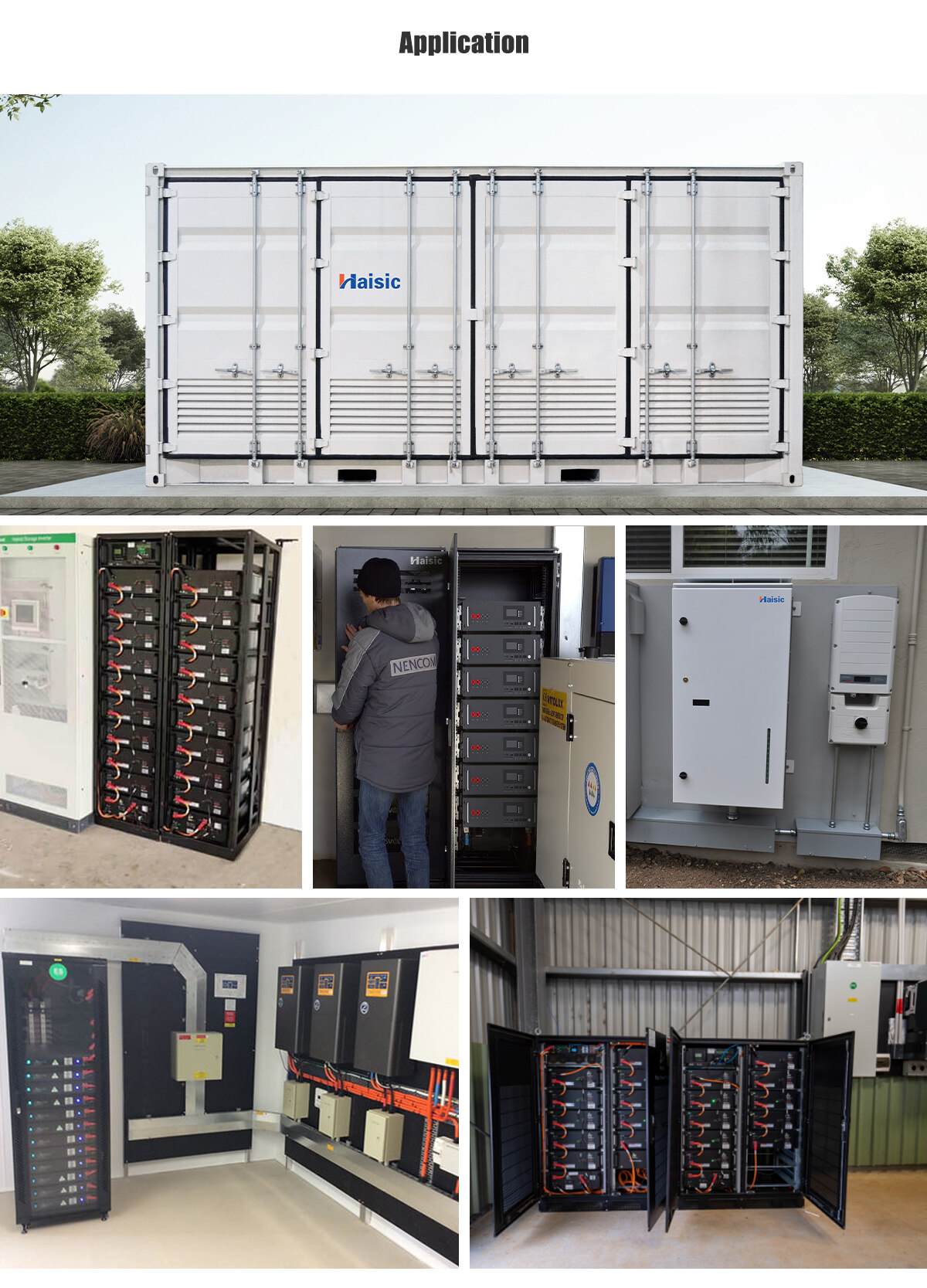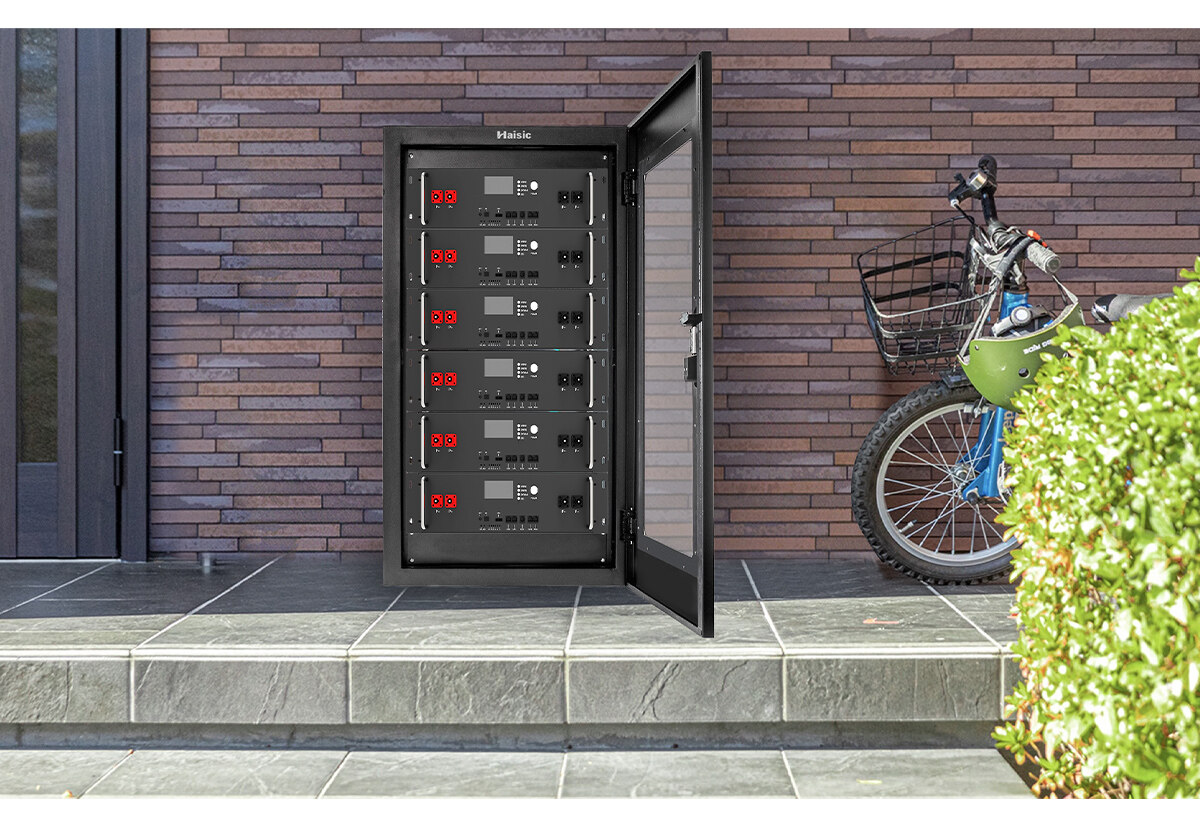Email format error
Email cannot be empty
Email already exists
6-20 characters(letters plus numbers only)
The password is inconsistent
Email format error
Email cannot be empty
Email does not exist
6-20 characters(letters plus numbers only)
The password is inconsistent


In recent years, the integration of photovoltaic (PV) systems with lithium battery energy storage has gained significant attention in the renewable energy sector. This blog aims to explore the SCU PV system with lithium battery energy storage, highlighting its benefits, applications, and the potential it holds for revolutionizing the renewable energy landscape.
Understanding the SCU PV System
1.1 What is a PV System?
A PV system, also known as a solar power system, converts sunlight into electricity using solar panels. It is a clean and renewable energy source that reduces reliance on fossil fuels.
1.2 Introduction to Lithium Battery Energy Storage
Lithium battery energy storage systems store excess electricity generated by the PV system for later use. They provide a reliable and efficient solution for managing intermittent solar power generation.
1.3 SCU PV System: An Overview
The SCU PV system combines the benefits of solar power generation with lithium battery energy storage. It optimizes energy usage, reduces reliance on the grid, and ensures a continuous power supply.
Benefits of SCU PV System with Lithium Battery Energy Storage?
2.1 Enhanced Energy Efficiency
The SCU PV system maximizes energy efficiency by storing excess electricity and utilizing it during periods of low solar generation.
2.2 Increased Reliability and Grid Independence
With lithium battery energy storage, the SCU PV system provides backup power during grid outages, ensuring uninterrupted electricity supply.
2.3 Cost Savings and Return on Investment
By reducing reliance on the grid and utilizing stored energy, the SCU PV system helps lower electricity bills and offers a favorable return on investment.
2.4 Environmental Sustainability
The SCU PV system reduces carbon emissions, promotes sustainable energy practices, and contributes to a greener future.
Applications of SCU PV System with Lithium Battery Energy Storage?
3.1 Residential Sector
The SCU PV system is ideal for residential applications, providing homeowners with energy independence, reduced electricity bills, and backup power during emergencies.
3.2 Commercial and Industrial Sector
Commercial and industrial establishments can benefit from the SCU PV system by reducing peak demand charges, improving energy efficiency, and ensuring uninterrupted operations.
3.3 Remote and Off-Grid Areas
In remote and off-grid areas, the SCU PV system with lithium battery energy storage offers a reliable and sustainable solution for electricity generation.
3.4 Emergency Backup Power
The SCU PV system provides emergency backup power during natural disasters or grid failures, ensuring critical services and infrastructure remain operational.
Components of SCU PV System with Lithium Battery Energy Storage?
4.1 Solar Panels
High-quality solar panels capture sunlight and convert it into electricity, forming the foundation of the SCU PV system.
4.2 Inverter
The inverter converts the direct current (DC) electricity generated by the solar panels into alternating current (AC) electricity for use in homes or businesses.
4.3 Lithium Batteries
Lithium batteries store excess electricity generated by the PV system and release it when needed, ensuring a continuous power supply.
4.4 Battery Management System (BMS)
The BMS monitors and controls the charging and discharging of lithium batteries, optimizing their performance and extending their lifespan.
SCU PV System Installation and Maintenance?
5.1 Design Considerations
Proper design considerations, such as solar panel placement, battery capacity, and load requirements, are crucial for the efficient installation of the SCU PV system.
5.2 Installation Process
The installation process involves mounting solar panels, connecting the inverter and batteries, and configuring the system for optimal performance.
5.3 Maintenance and Troubleshooting
Regular maintenance, including cleaning solar panels and monitoring battery performance, ensures the longevity and efficiency of the SCU PV system.
Case Studies: Successful Implementation of SCU PV System with Lithium Battery Energy Storage?
6.1 Residential Case Study:
A residential property successfully implemented the SCU PV system with lithium battery energy storage. The system reduced reliance on the grid, resulting in lower electricity bills and enhanced energy efficiency. It also provided backup power during grid outages, ensuring uninterrupted electricity supply. The homeowners actively contributed to environmental sustainability by reducing their carbon footprint.
6.2 Commercial Case Study:
A medium-sized office building integrated the SCU PV system, leading to significant cost savings and improved energy efficiency. By generating their own electricity and utilizing stored energy during peak demand periods, the business owners reduced their energy costs and demonstrated their commitment to sustainability. The system also enhanced the building’s reputation as an environmentally responsible business.
6.3 Off-Grid Case Study:
In a remote area without access to the grid, the implementation of the SCU PV system provided a reliable and sustainable electricity supply. The off-grid community achieved energy independence, improved their quality of life, and experienced economic empowerment. By utilizing clean and renewable solar energy, they reduced their carbon footprint and contributed to environmental sustainability.
Future Prospects and Challenges
7.1 Technological Advancements
Exploring the potential technological advancements in PV systems and lithium battery energy storage, such as increased efficiency and energy density.
7.2 Policy and Regulatory Framework
Analyzing the impact of policies and regulations on the adoption and growth of SCU PV systems with lithium battery energy storage.
7.3 Economic Viability
Examining the economic viability of the SCU PV system, including the cost-effectiveness and potential for widespread adoption.
Conclusion
The SCU PV system with lithium battery energy storage offers a promising solution for maximizing renewable energy utilization, ensuring grid independence, and reducing carbon emissions. With its numerous benefits and applications, it has the potential to revolutionize the renewable energy landscape and pave the way for a sustainable future.